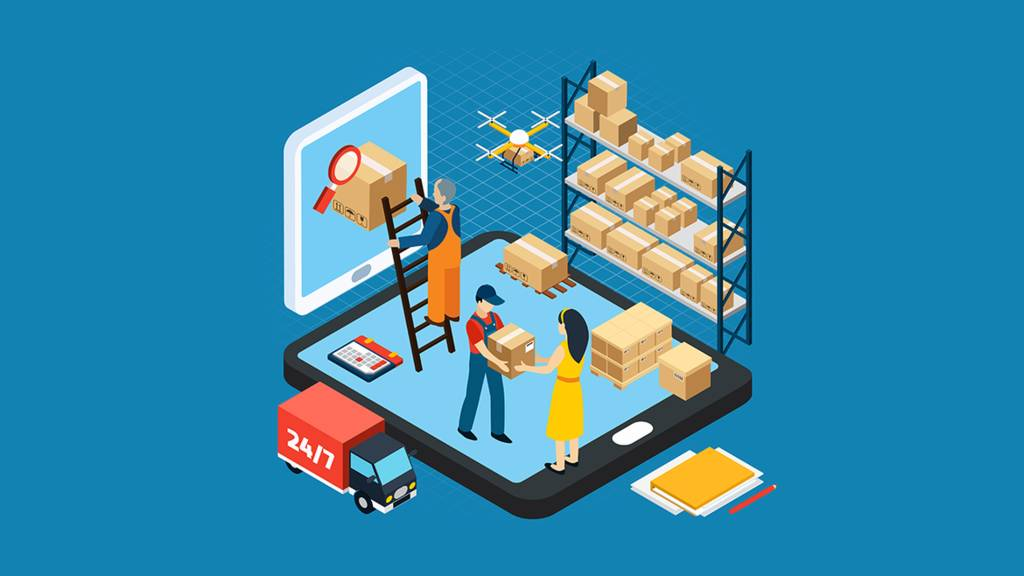First Mile Logistics refers to the first step in taking a product from the manufacturer to the end-user or buyer. While it is mostly about the transport part of the journey from manufacturer to customer, in some cases, it might also involve assembling material.
In simpler terms, the process of transporting the finished products, packages, parcels, raw materials, etc., from the origin point to the warehouse or hub of the courier provider is called the first mile logistics.
As there are a lot of manual operations involved in the first mile logistics, the time taken to send the product ready with the labels and delivery details tends to become inefficient. Further, the customers or the end-users rarely have any visibility into the journey of the packages during the transit process.
Another challenge is to ensure seamless and effortless operations across all the warehouses, hubs, and drivers and ensure cost savings throughout.
This is where a smart and AI-powered first mile logistics solution comes into the picture.
Here, we discuss how investing in the right software for the first mile operations can help reduce operational costs and make processes more efficient.
What Is a First Mile Logistics Software and What Does It Do
The first mile logistics software automates the first mile operations, such as hub allocation, driver allocation, label generation, order creation, driver apps for scanning and tracking, etc.
Using a reliable and feature-rich first mile software for logistics can reduce the technicalities involved in all the operations involved in this step for both the fulfillment partner as well as manufacturer and retailer.
Some advanced first mile software also offers label generation and AWB-related operations for better visibility across the entire journey from store to the customer.
Benefits of Using a First Mile Logistics Software
There are various benefits of using a reliable and intuitive first mile logistics software that evolves and scales well with your business.
1. Investment on Infrastructure
First mile software uses technology and automation to optimize logistics management in various ways. So, the manufacturer doesn’t necessarily need to have a dedicated infrastructure for performing the various tasks.
This saves time and cost by overcoming the need to hire staff or buy specific hardware for operations management. As every step is recorded and is directly accessible via the app, the stakeholders can access any information and track multiple packages via a single dashboard.
2. Smart Order Creation
Using the first mile app, the stakeholders, such as eCommerce retailers, corporate officeholders, retailers, home pickups, etc., can easily create orders in the app. Once the order is created, they can also generate labels that have all the information for the delivery.
Side by side, this order is also assigned smartly to the nearest warehouse or hub and rider. This saves time, effort, and money involved in the entire process.
3. Customer Visibility
Right when the order is created, the AWB number or Airway Bill Number is created that acts as the SPOC or single point of contact for every stakeholder, such as courier and delivery provider, shipper, customer, etc.
Using this number, the customers can track and trace the parcels at any point in the journey.
Investing in a smart and highly scalable first mile logistics platform, such as Shipsy, can transform logistics operations and processes unprecedentedly. Apart from leveraging automation to empower the operations with the right business logic, Shipsy also helps in reducing the costs of manpower, operations, and order fulfillment.
For more information and to get in touch with our experts, please schedule a demo today!




